Gerald Early, the Merle Kling Professor of Modern Letters in Arts & Sciences at Washington University in St. Louis, and Jonathan B. Losos, the William H. Danforth Distinguished University Professor in Arts & Sciences and director of the Living Earth Collaborative, have been elected members of the American Philosophical Society.
The oldest learned society in the United States, the American Philosophical Society was founded in 1743 by Benjamin Franklin for the purpose of “promoting useful knowledge.” Previous members include Willa Cather, Marie Curie, Charles Darwin, Thomas Edison, Robert Frost, Alexander Hamilton, Barbara McClintock, Louis Pasteur and George Washington.
In addition to Early and Losos, 2024 inductees include two WashU alumni. Stacy L. Leeds (AB ’94) is the Willard H. Pedrick Dean and Regents Professor of Law at Arizona State University’s Sandra Day O’Connor College of Law. Danny O. Jacobs (MD ’79) is president and professor of surgery at Oregon Health and Science University.
About Gerald Early
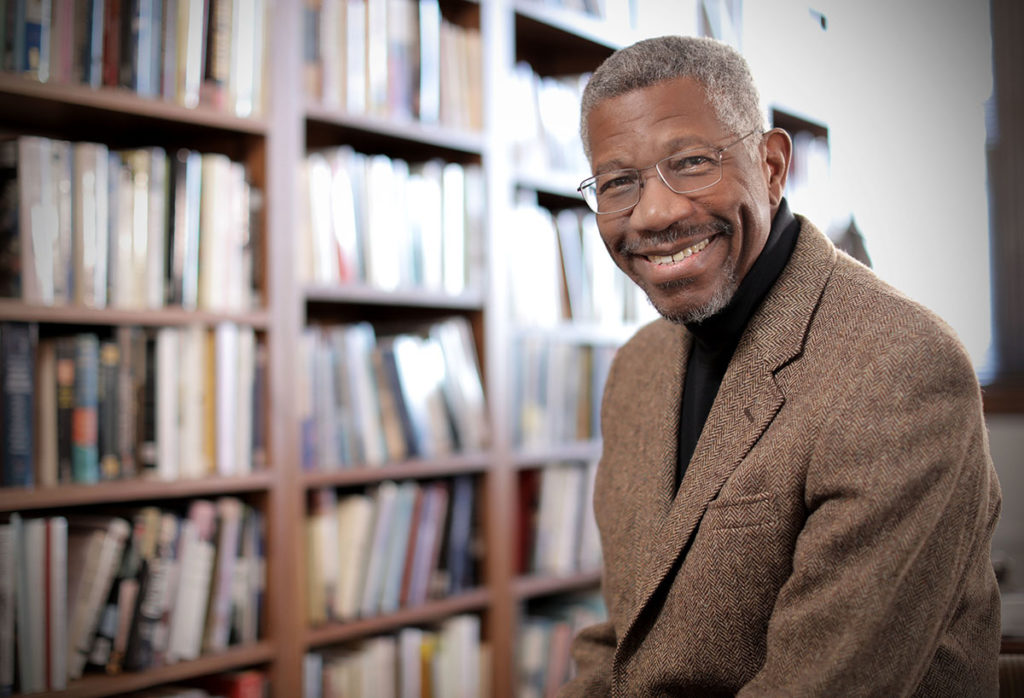
An award-winning essayist, author and editor, Early has taught at WashU since 1982. He has directed the African and African-American Studies program, the American Culture Studies program and the Center for the Humanities, all in Arts & Sciences, and served as interim director of the Center for the Study of Race, Ethnicity & Equity. He is currently faculty director of the Henry Hampton Collection in University Libraries’ Film & Media Archive and is executive editor of The Common Reader, WashU’s interdisciplinary journal.
Early’s essay collections include “Tuxedo Junction: Essays on American Culture” (1989); “The Culture of Bruising: Essays on Prizefighting, Literature, and Modern American Culture,” which won the 1994 National Book Critics Circle Award for Criticism; “This is Where I Came In: Essays on Black America in the 1960s” (2003); and “A Level-Playing Field: African American Athletes and the Republic of Sports” (2011). He is also the author of “Daughters: On Family and Fatherhood” (1994).
Anthologies include “The Cambridge Companion to Boxing” (2019); “Approaches to Teaching Baraka’s Dutchman” (2018, with Matthew Calihman); “The Sammy Davis, Jr. Reader” (2001); “Miles Davis and American Culture” (2001); “The Muhammad Ali Reader” (1998); “Ain’t But a Place: An Anthology of African American Writings About St. Louis” (1998); and “Body Language: Writers on Sport” (1998).
Early has served as a consultant on several Ken Burns documentary films, including “Baseball” (1994), “Jazz” (2001), “Unforgivable Blackness: The Rise and Fall of Jack Johnson” (2005), “The War” (2007), “The Roosevelts” (2014) and “Jackie Robinson” (2016). An elected American Academy of Arts and Sciences fellow, he was twice nominated for Grammy Awards and has been honored with a star on the St. Louis Walk of Fame.
Most recently, Early served as a curatorial consultant for the Baseball Hall of Fame’s new exhibit on Black baseball, “Souls of the Game,” which opened on Memorial Day weekend 2024. He has also written the book that will accompany the exhibit, which will be published in spring 2025.
About Jonathan Losos
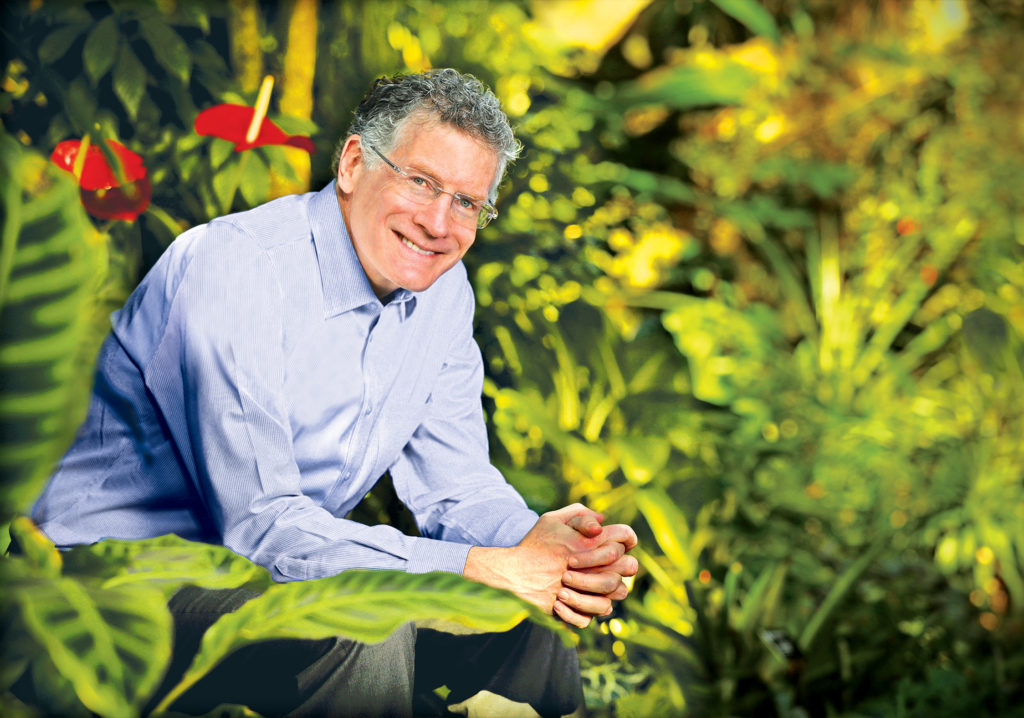
Losos is a professor of biology and the William H. Danforth Distinguished University Professor in Arts & Sciences. He is director of the Living Earth Collaborative and director for biodiversity at the university’s Center for the Environment.
An internationally renowned scholar in evolutionary biology, Losos is known for his integrative approach to the study of diversification. His research work spans field and laboratory studies of rapid evolution, behavior, ecology and phylogenetics, with a special emphasis on Anolis lizards.
Born and raised in St. Louis, Losos graduated from Harvard University in 1984 and earned his PhD from the University of California in 1989. After a two-year postdoctoral fellowship, Losos came to WashU for his first faculty position, then left in 2006 to teach at Harvard and serve as curator in herpetology at the university’s Museum of Comparative Zoology. He returned to WashU in 2018.
The Losos lab’s primary focus is on the behavioral and evolutionary ecology of lizards. Losos studies why the evolutionary radiation of anoles (over 400 species) has been so successful and how particular species adapt to their environments. He and his colleagues conduct experimental studies of evolution in nature, observe animals in their natural habitats and bring lizards into the laboratory for biomechanical, physiological and developmental studies.
Losos has written three books, including most recently “The Cat’s Meow” (Penguin Random House, 2023). He is also an author of a leading college biology textbook (Raven et al., “Biology”).
Losos is a member of the National Academy of Sciences and a fellow of the American Academy of Arts & Sciences and is the recipient of the Daniel Giraud Elliot Medal, the Theodosius Dobzhansky Prize, the Edward O. Wilson Naturalist Award and the David Starr Jordan Prize.
Other recent WashU inductees of the American Philosophical Society include Barbara A. Schaal, the Mary-Dell Chilton Distinguished Professor in the Department of Biology in Arts & Sciences (2023); Jeffrey I. Gordon, MD, the Dr. Robert J. Glaser Distinguished University Professor at the School of Medicine (2014); and Chancellor Emeritus Mark S. Wrighton (2001).
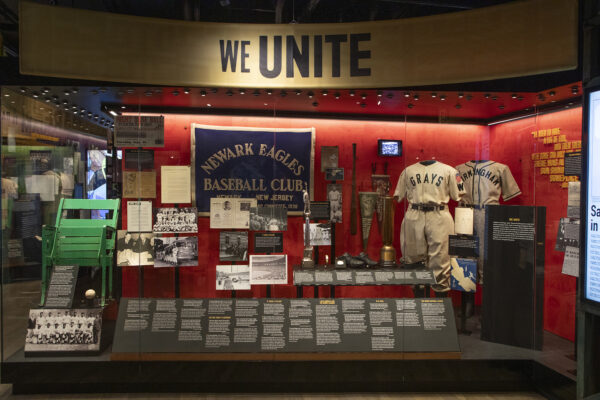
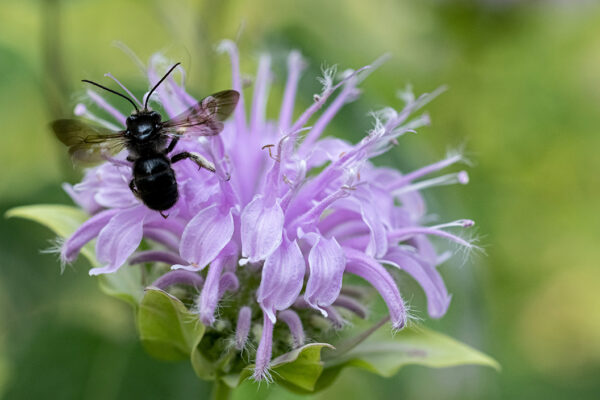
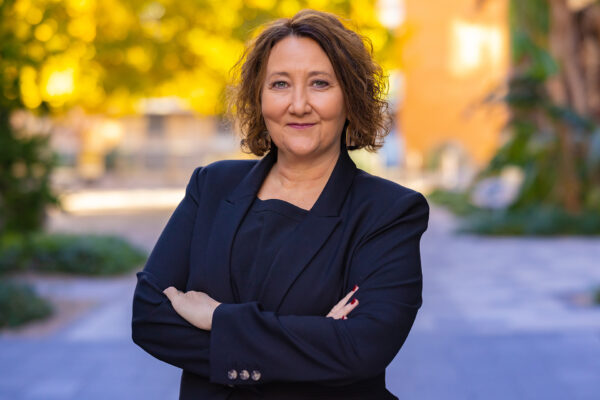
Comments and respectful dialogue are encouraged, but content will be moderated. Please, no personal attacks, obscenity or profanity, selling of commercial products, or endorsements of political candidates or positions. We reserve the right to remove any inappropriate comments. We also cannot address individual medical concerns or provide medical advice in this forum.